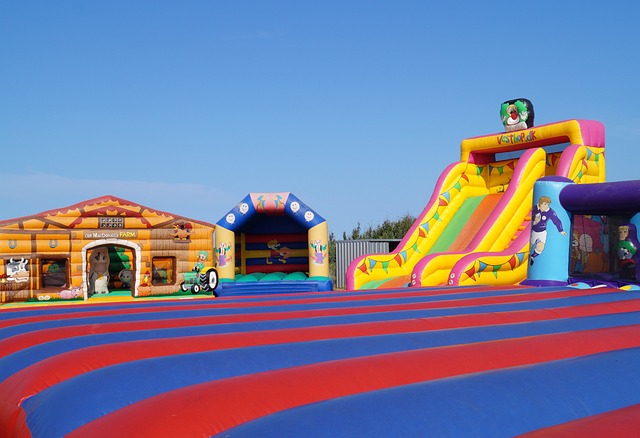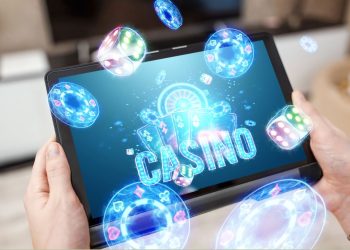It is a huge task to host a party that makes everyone smile, and nothing exceeds the excitement of inflatables. Hosting an indoor party also has its advantages—no rain issues, no dirty ground, and no intrusions. This is the reason event organizers and families look to indoor bouncy castle hire more frequently to host fun-filled parties day and night.
From birthday parties of children, school events, to family reunions, indoor installation is about comfort, security, and limitless entertainment. It’s the most hassle-free way of filling any place with energy and joy through expert delivery, installation, and maintenance.
Why Indoor Bouncy Castle Hire for Your Next Party?
Sports clubs and community centers will find indoor inflatables suitable. Indoor inflatable hire is preferred over outdoor installation, which is weather-dependent. Parents do not need to worry as they know their children play indoors on safe and soft surfaces and in dry and warm conditions.
They are bright and all different shapes and come in wonderful colors and suit so perfectly in every venue. There is every kind of selection so that there would be something to accommodate every party.
Ideal for All Indoor Venues and Parties
The versatility of party bouncy castle hire makes it the ideal option for party celebrations, school parties, and private parties. Where safety and space is a concern, indoor bouncy castle hire offers regulated playtime with the advantage of no mess and no weather risk.
Village halls and community halls are generally the perfect places to provide inflatables from. Kids bounce, slide, and play till they collapse while the rest of the family relax and enjoy their party of a lifetime. All delivered, installed, and packed up by professional personnel—hosts are totally stress-free.
Why Indoor Bouncy Castles Are an Excellent Investment
- Weatherproof fun: No wind or rain to ruin your party.
- Hygienic and safe: Sanitised, inspected, and perfect for any age of child.
- Quick installation: Fast set up and dismantle undertaken by experts.
- Versatile for every situation: Indoor inflatables prove to be perfect for birthday parties and even street parties.
For a birthday, a street party, or a company event, indoor bouncy castle hire Essex provides with confidence that there is an interactive, safe, and thrilling space for any occasion.
Conclusion
Guests shall have such great fun when the party is organized indoors. Indoor bouncy castles provide a secure, weather-independent, and vibrant setting that provides the dancers with an adrenaline injection every step of the way.
Hire your night to remember with Ellis Leisure, the No. 1 Indoor Bouncy Castle Hire firm in Essex, London, and the surrounding areas. Call them today to hire your ideal indoor environment and have a night to remember!
FAQs
What kind of halls are ideal for indoor inflatables?
Most sports centers, community centers, and function rooms that have ceilings of a suitable height are ideal to hold an indoor bouncy castle.
Is the indoor inflatable for toddlers?
Yes! Soft play areas and inflatables provide a safe play environment for toddlers to play freely.
Is indoor soft play suitable for bouncy castles?
Yes, indoor soft play with bouncy castle hire is a break and gets kids active of all ages.
How long does inflation take?
It will usually take 20–30 minutes to dismantle, subject to lay out and castle size.
Do you offer services outside of Essex?
Yes, Essex indoor bouncy castle hire also extends to nearby areas in London and the South East, so all parties are a fun one.







